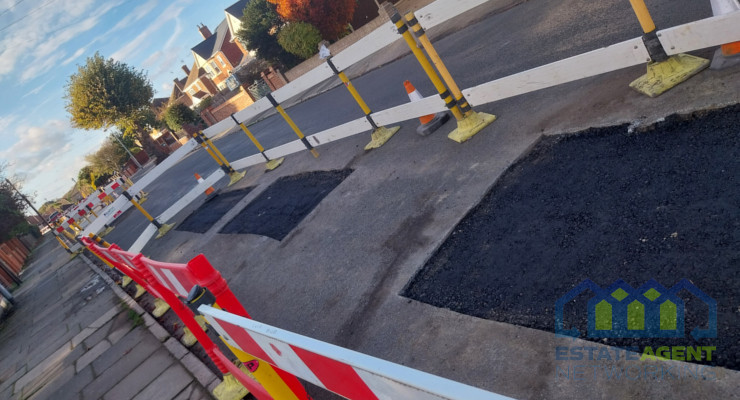What are shared private roads?
It sounds rather important and expensive doesn’t it, to have ones own private road? What though does it actually mean and what are the pros and cons that go with owning a / part of a private road?
Most property will have their own driveway, their own communal parking, a parking space or maybe even their own private, tree lined road – What about shared private roads? Firstly let us explain what exactly is a shared private road: “Private roads have not been adopted by the local authority and are not maintainable by them, but by the respective frontagers. A frontager is the term given to the owners of a property immediately facing a road and who are usually responsible for maintenance of that part they front onto. Public Roads (Adopted Roads)” source land-search-online
What are the pros in owning a shared private road?
- Privacy
- Regular maintenance / upkeep as decided by the committee
- Still has utility services including local authority street lighting if required
- Choice of design / surface
- Safety options such as speed bumps and MPH limits
- Depending on community serviced, can have gated access / added security
“The local highway authority (the county council or unitary authority) is not responsible for maintaining a private or unadopted road although it can intervene under existing legislation to repair it. ” source gov.uk
What are the cons in owning a shared private road?
- Most times it is the community that makes a shared private road work based around how / what articles have been written up – Sometimes disputes can be initiated from lack of adhering to rules / regs set out
- Costs for maintenance (how associated costs are to be apportioned between the road users source onthemarket)
- Added insurance costs
- Added legal fees upon purchase
When purchasing a property that is on / accessed by a shared private road, ideally the title deeds will clearly state the right of access and any existing formal arrangement relating to responsibility and costs of maintenance.








